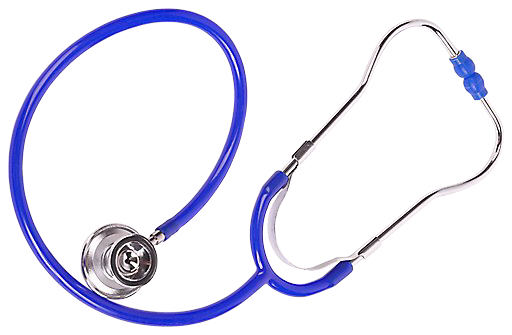Ethical decision-making model to resolve or alleviate ethical dilemmas
Recognize and prevent problematic dual relationships and boundary transgressions
Identify ethical issues concerning confidentiality, informed consent and self-determination, recognize their limits, and employ safeguards in practice
Respond to subpoenas
As a mental health professional, you are confronted on a regular basis with the challenges of complex ethical and legal issues. Knowing and applying an ethical decision-making framework will provide you with tools to:
manage ethical issues in a systematic way
separate facts from assumptions and biases
track the potential harms of each course of action
formulate an ethical rationale for selecting the least harmful option
decide on the most appropriate way to implement your choice
assess what went wrong, or could go wrong, so you can prevent it from happening
Attend this seminar and learn a unique decision making model that does not tell you which ethical principle is most important (as do some other models), but provides you with options and raises critical questions to help you decide which principle trumps others. Learning this model will also help you to formulate reasons for choosing how to intervene with other professionals or clients in an ethical and safe way. This reflective model will enable you to be the proactive practitioner you want to be!
Through case examples, you will be able to apply the skills right away! Case examples will focus on the issues of confidentiality, informed consent, boundaries and dual relationships and self-determination.


